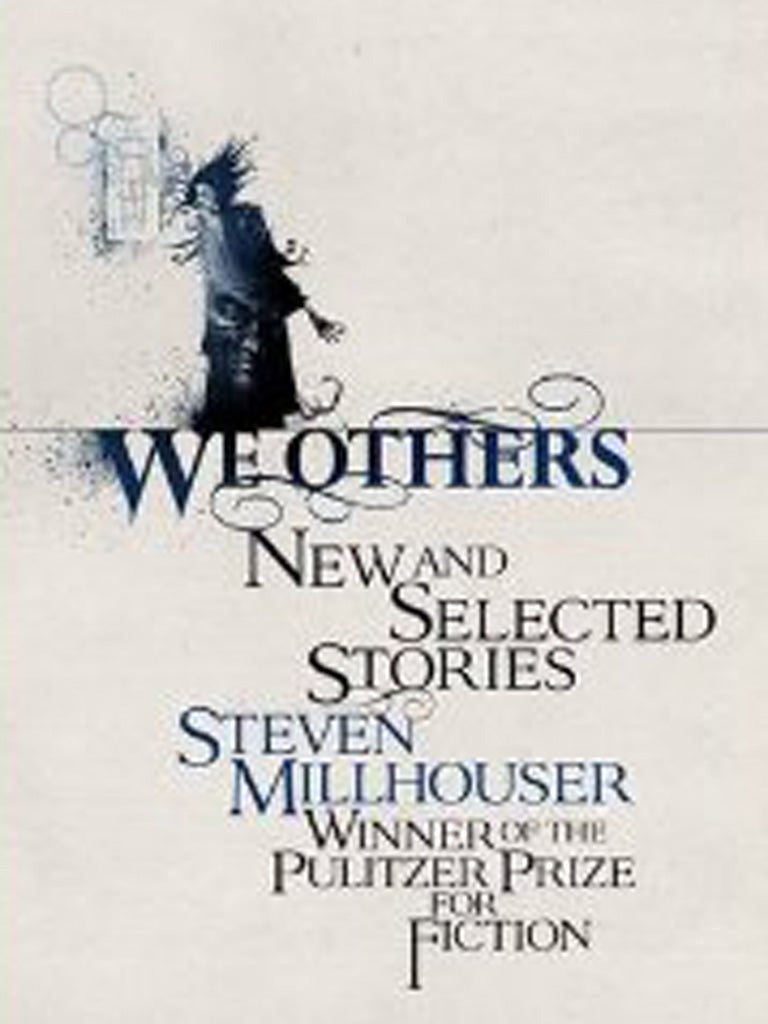We Others: New and Selected Stories, By Steven Millhauser

Spanning three decades, Steven Millhauser's We Others is the summation of a literary life that has – despite a Pulitzer Prize and a Hollywood adaptation of his story "Eisenheim the Illusionist" – refused to translate across the Atlantic. All his fiction has dropped out of print here, while his last two books failed even to find a UK publisher. We Others goes some way to redressing the balance, though whether this is the book to endear a British readership is far from certain.
We Others consists of seven new stories and selections from Millhauser's four previous collections. Ostensibly this makes for a diverse range, from reimaginings of the Sinbad stories to an existential take on Tom and Jerry; from tales of rampant American capitalism to fin-de-siècle European excess. Yet there is a consistency that unites these stories to such a degree that together they are almost constricted.
Millhauser is a fabulist, taken with the strangeness of life, of its proximity to magic and fantasy. Yet behind the flying carpets, the wife-frogs and ghostly visitations, We Others is far more concerned with the nature of inclusion and exclusion – how society and time can both be solace and nightmare.
"The Slap" sets this tone and theme. Narrated by the inhabitants of a town under siege from a man who smacks its citizens in broad daylight, it shows Millhauser at his best: unshowy, deft and alive to the tensions between "we" and "I". Yet the first-person plural has been used for the third time in seven stories; and the effect is weakened. As a consequence, "The Next Thing" – a creepy tale of a supermall taking over a small town – feels less vital.
The three stories set at the turn of the century – "Eisenheim the Illusionist", "August Eschenburg" and "The Wizard of West Orange" – are finely wrought, yet their worlds and predicaments feel so similar that they seem to intrude upon each other. Taken individually, this is a wonderful collection, full of mystery and subtlety. However, as a whole it gives an unfair impression of thinness, of a writer whose tropes have overwhelmed him. This is a shame. At his best, Millhauser is a unique and unusual voice – one for whom the UK should certainly make room.
Join our commenting forum
Join thought-provoking conversations, follow other Independent readers and see their replies
Comments
Bookmark popover
Removed from bookmarks